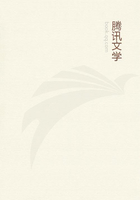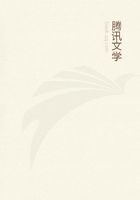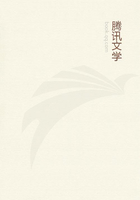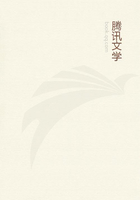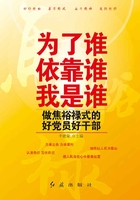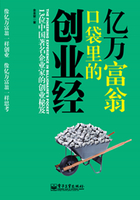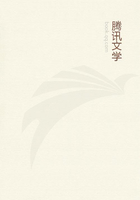Of these forms we need only consider two, the Lacedaemonian and the absolute royalty; for most of the others he in a region between them, having less power than the last, and more than the first. Thus the inquiry is reduced to two points: first, is it advantageous to the state that there should be a perpetual general, and if so, should the office be confined to one family, or open to the citizens in turn?
Secondly, is it well that a single man should have the supreme power in all things? The first question falls under the head of laws rather than of constitutions; for perpetual generalship might equally exist under any form of government, so that this matter may be dismissed for the present. The other kind of royalty is a sort of constitution; this we have now to consider, and briefly to run over the difficulties involved in it. We will begin by inquiring whether it is more advantageous to be ruled by the best man or by the best laws.
The advocates of royalty maintain that the laws speak only in general terms, and cannot provide for circumstances; and that for any science to abide by written rules is absurd. In Egypt the physician is allowed to alter his treatment after the fourth day, but if sooner, he takes the risk. Hence it is clear that a government acting according to written laws is plainly not the best.
Yet surely the ruler cannot dispense with the general principle which exists in law; and this is a better ruler which is free from passion than that in which it is innate. Whereas the law is passionless, passion must ever sway the heart of man. Yes, it may be replied, but then on the other hand an individual will be better able to deliberate in particular cases.
The best man, then, must legislate, and laws must be passed, but these laws will have no authority when they miss the mark, though in all other cases retaining their authority. But when the law cannot determine a point at all, or not well, should the one best man or should all decide? According to our present practice assemblies meet, sit in judgment, deliberate, and decide, and their judgments an relate to individual cases. Now any member of the assembly, taken separately, is certainly inferior to the wise man. But the state is made up of many individuals. And as a feast to which all the guests contribute is better than a banquet furnished by a single man, so a multitude is a better judge of many things than any individual.
Again, the many are more incorruptible than the few; they are like the greater quantity of water which is less easily corrupted than a little. The individual is liable to be overcome by anger or by some other passion, and then his judgment is necessarily perverted; but it is hardly to be supposed that a great number of persons would all get into a passion and go wrong at the same moment. Let us assume that they are the freemen, and that they never act in violation of the law, but fill up the gaps which the law is obliged to leave. Or, if such virtue is scarcely attainable by the multitude, we need only suppose that the majority are good men and good citizens, and ask which will be the more incorruptible, the one good ruler, or the many who are all good? Will not the many? But, you will say, there may be parties among them, whereas the one man is not divided against himself. To which we may answer that their character is as good as his. If we call the rule of many men, who are all of them good, aristocracy, and the rule of one man royalty, then aristocracy will be better for states than royalty, whether the government is supported by force or not, provided only that a number of men equal in virtue can be found.
The first governments were kingships, probably for this reason, because of old, when cities were small, men of eminent virtue were few. Further, they were made kings because they were benefactors, and benefits can only be bestowed by good men. But when many persons equal in merit arose, no longer enduring the pre-eminence of one, they desired to have a commonwealth, and set up a constitution. The ruling class soon deteriorated and enriched themselves out of the public treasury; riches became the path to honor, and so oligarchies naturally grew up. These passed into tyrannies and tyrannies into democracies; for love of gain in the ruling classes was always tending to diminish their number, and so to strengthen the masses, who in the end set upon their masters and established democracies. Since cities have increased in size, no other form of government appears to be any longer even easy to establish.
Even supposing the principle to be maintained that kingly power is the best thing for states, how about the family of the king? Are his children to succeed him? If they are no better than anybody else, that will be mischievous. But, says the lover of royalty, the king, though he might, will not hand on his power to his children. That, however, is hardly to be expected, and is too much to ask of human nature. There is also a difficulty about the force which he is to employ; should a king have guards about him by whose aid he may be able to coerce the refractory? If not, how will he administer his kingdom? Even if he be the lawful sovereign who does nothing arbitrarily or contrary to law, still he must have some force wherewith to maintain the law. In the case of a limited monarchy there is not much difficulty in answering this question; the king must have such force as will be more than a match for one or more individuals, but not so great as that of the people. The ancients observe this principle when they have guards to any one whom they appointed dictator or tyrant. Thus, when Dionysius asked the Syracusans to allow him guards, somebody advised that they should give him only such a number.


